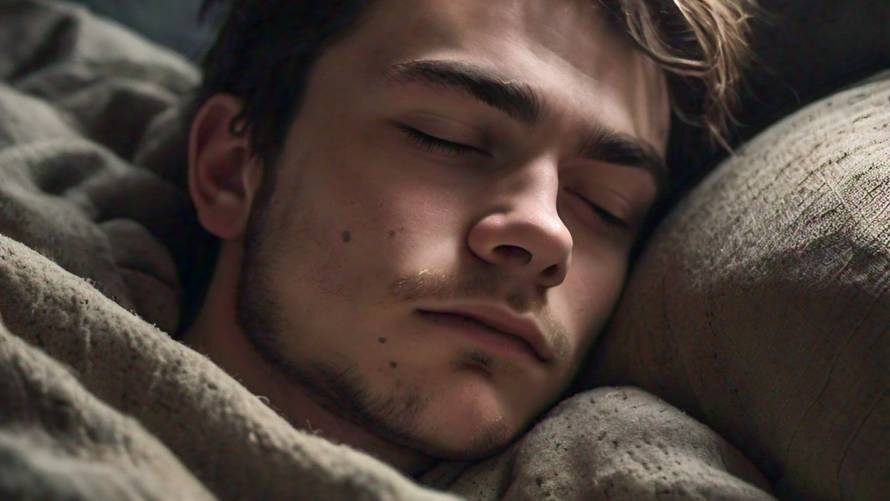Have you ever felt like you’ve aged overnight, all because of a bad night’s sleep? Well, it turns out there’s some truth to that feeling, according to researchers at Stockholm University.
In a series of studies published in the scientific journal Proceedings of the Royal Society B, the researchers have discovered that sleep plays a crucial role in how old we feel.
“Given that sleep is essential for brain function and overall well-being, we decided to test whether sleep holds any secrets to preserving a youthful sense of age,” says Leonie Balter, a researcher at the Department of Psychology, Stockholm University.
In the first study, the researchers surveyed 429 individuals aged 18 to 70, asking them how old they felt, how many days in the past month they had not gotten enough sleep, and how sleepy they were. The results were quite telling – for each night of insufficient sleep in the past month, participants felt on average 0.23 years older.
To further explore this connection, the researchers conducted a second, experimental study involving 186 participants aged 18 to 46. The participants were asked to restrict their sleep for two nights, only getting 4 hours of sleep each night, and then to sleep sufficiently for two nights, getting 9 hours of sleep each night.
The results were striking. After the sleep-restricted nights, participants felt an average of 4.4 years older compared to when they had enjoyed sufficient sleep. And the effect was directly related to how sleepy they felt – feeling extremely alert was associated with feeling 4 years younger than their actual age, while extreme sleepiness was linked to feeling 6 years older.
“This means that going from feeling alert to sleepy added a striking 10 years to how old one felt,” Balter explains. “The implications for our daily lives are clear: Safeguarding our sleep is crucial for maintaining a youthful feeling. This, in turn, may promote a more active lifestyle and encourage behaviors that promote health, as both feeling young and alert are important for our motivation to be active.”
Previous studies have shown that feeling younger than one’s actual age is associated with longer, healthier lives, and can even be a predictor of actual brain age. So, if you want to stay young, both in mind and body, it seems the key may be to prioritize getting a good night’s sleep.
As Balter succinctly puts it, “Feeling young is not just a matter of perception – it is actually related to objective health outcomes.” So the next time you’re feeling a bit long in the tooth, try catching a few extra z’s and see if it doesn’t shave a few years off your subjective age.


